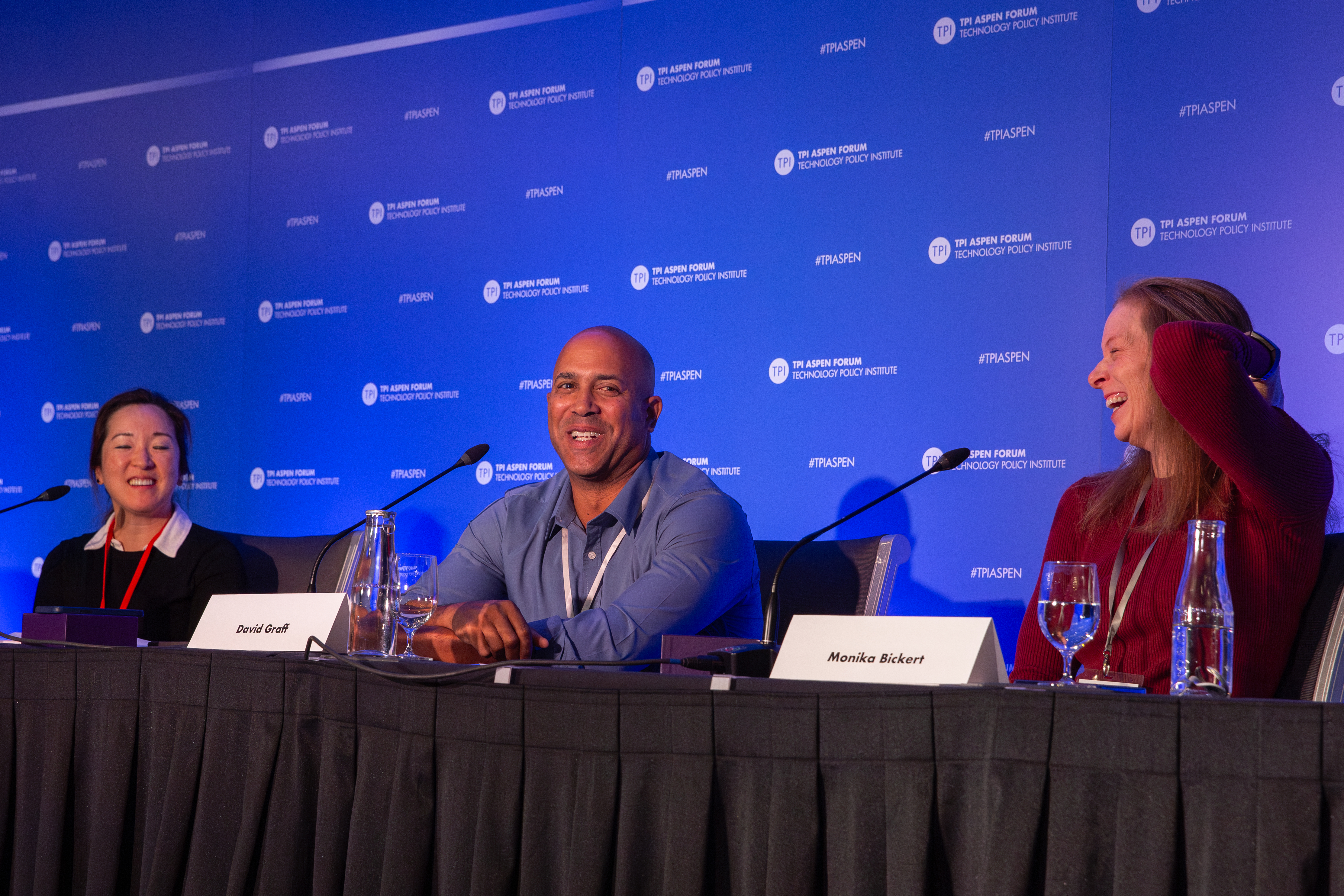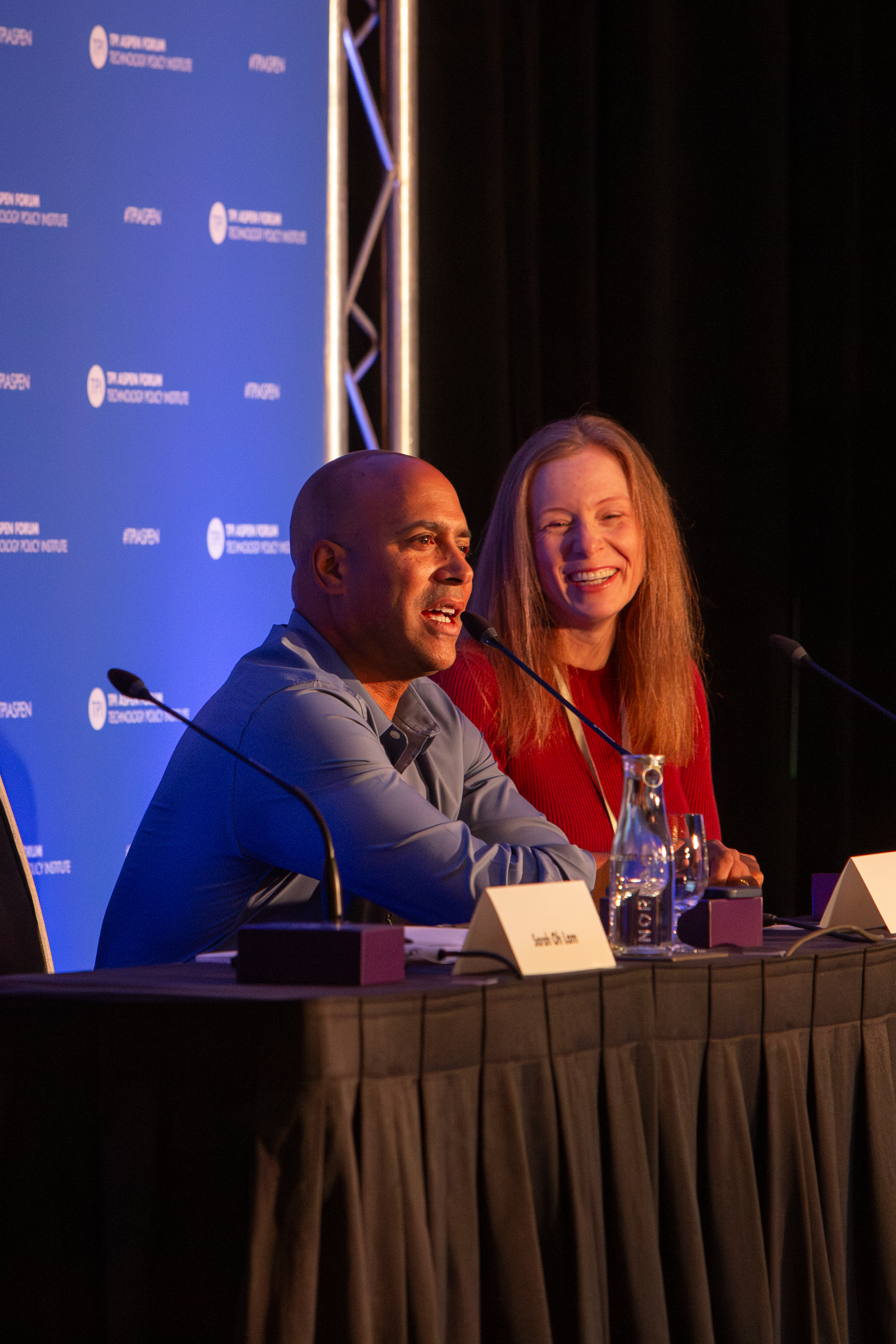How to quantify the economic impact of a technology that can’t be measured by gross domestic product (GDP) is summed up in what Hal Varian called technology’s “productivity paradox”: AI tools are serving as a companion, assisting with tasks that are already taking place, making it easier to do what we already do—but measuring this is tricky in strict GDP terms.
The evolution of photography and smartphone cameras provide a good example of the challenge of quantifying technology’s economic impact. Where it was once easy to pinpoint photography’s monetary footprint, by taking into account the cost of developing film and prints for example, the advent of digital and smartphone cameras ushered in a new reality and economic dynamic for the industry.
“Most photos are shared, not sold, so they don't show up in GDP,” Hal said. Still, the impact has been undeniable—and even more so as smartphones developed to the point where other age-old tools (like alarm clocks, maps, music players, and flashlights) became unnecessary.
The true impact of AI can be seen not in the GDP, but in the employee experience. With this technology, lower-skilled workers are using AI to upskill themselves and create broader professional opportunities.
When it comes to unlocking the potential of machine learning and AI technology, different levels of regulation around the world have created what Hal described as “a natural experiment at a global level.” This difference in regulation will provide the setting for the development of responsible AI.
For other Google perspectives on the future of AI see previous OTG articles: On the Ground: Key Takeaways from the 2023 Aspen Security Forum and On The Ground: Debating the Digital Future Forum with 3 questions about navigating the AI frontier





